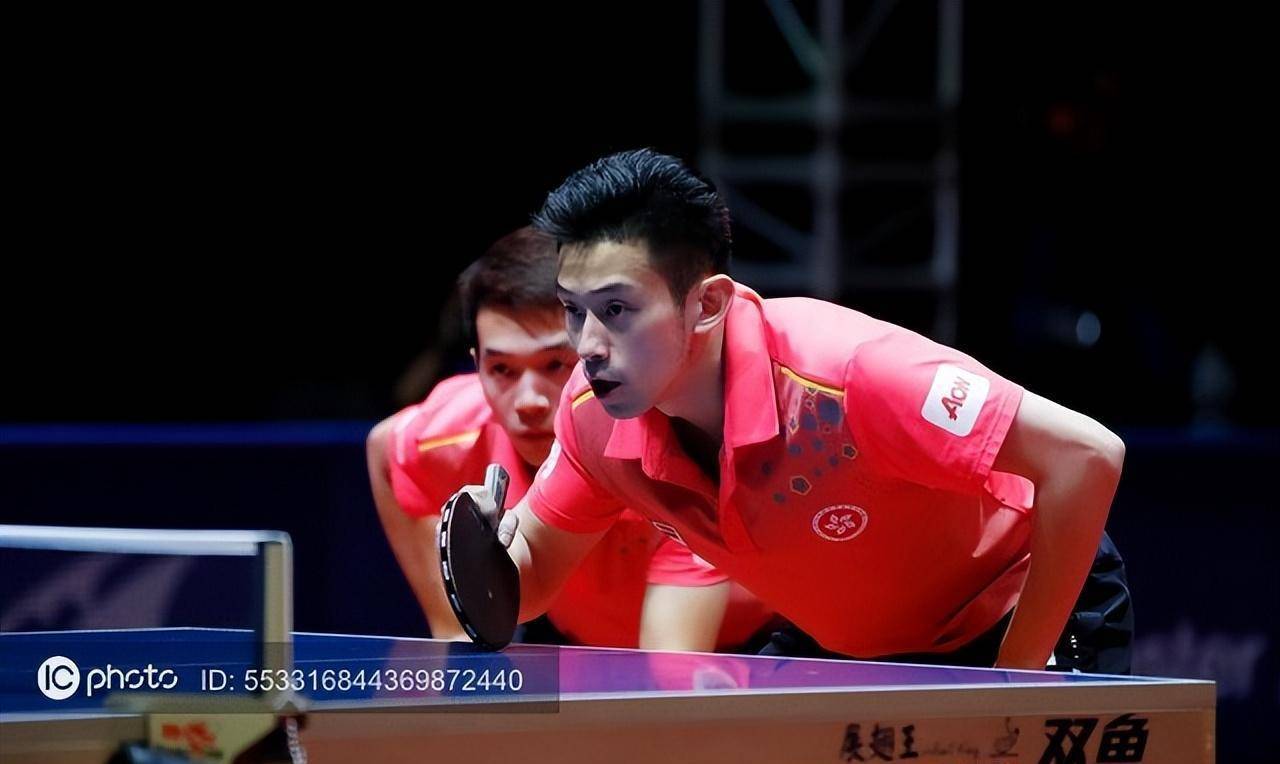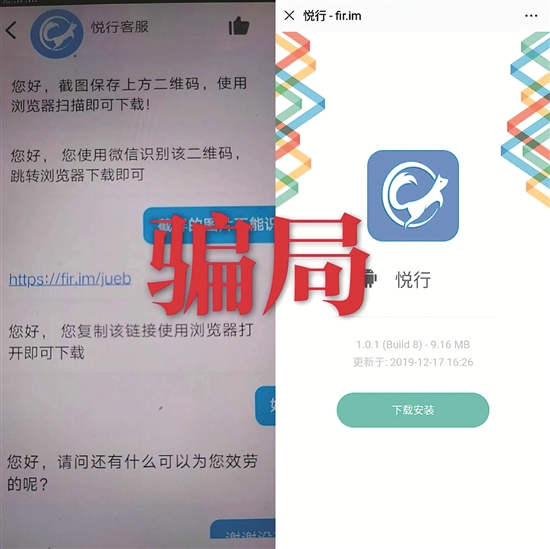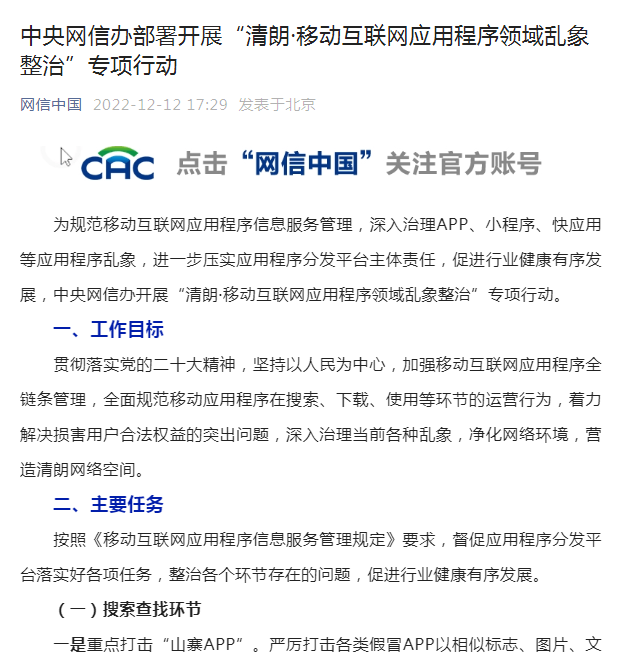人教PEP英语3-6年级(下册)Unit 1要点汇总及练习

三年级英语下册Unit1知识汇总
一、词汇
UK英国 Canada加拿大 USA 美国 China 中国 she 她
student 学生 pupil 学生;(尤指)小学生 he 他
teacher 教师 boy 男孩 and 和;与 girl女孩
new 新的 friend朋友 today 今天
二、句子
1. Nice to meet you. 很高兴见到你。
2. -- Where are you from? 你来自哪里?
-- I’m from the UK. 我来自英国。
3. We have two new friends today. 今天我们有两位新朋友。
4. I’m Amy. I’m from the UK. 我是埃米。我来自英国。
5. I’m Zhang Peng. I’m from Shandong. 我是张鹏。我来自山东。
6. Mr Jones, this is Amy. She’s a new student.
琼斯老师,这是埃米。她是一名新学生。
7. This is Amy. She’s a student. 这是埃米。她是一名学生。
8. This is Mr Jones. He’s a teacher. 这是琼斯老师。他是一名教师。
三、句型结构
1. I’m from +国名/地点.
eg: I’m from Canada.我来自加拿大。
2. I’m +姓名.
eg: I’m Jenny. 我是珍妮。
3. He/ She is a/ an+身份或其他情况.
eg. She is an actress. 她是一名演员。
4. -- Where are you from?
-- I’m/ We’re from+地点.
eg. -- Where are you from? 你来自哪里?
-- I’m from New York. 我来自纽约。
立即练习➫PEP版三年级(下册) Unit 1 检测卷及答案
四年级英语下册Unit1知识汇总
一、词汇
first floor 一楼 second floor 二楼 teachers’ office 教师办公室
library 图书馆 playground 操场 computer room 计算机房
art room 美术教室 music room 音乐教室 next to紧邻;在……近旁
homework 作业 class 班;班级 forty 四十 way 方向
二、句子
1. Look! That’s the playground. 看!那是操场。
2. -- Where’s the library? 图书馆在哪里?
-- It’s next to the art room. 它紧邻美术教师。
3. -- Is this the teachers’ office? 这是教师办公室吗?
-- No, it isn’t. It’s the computer room. 不,它不是。它是计算机房。
4. -- Do you have an art room? 你们有美术教室吗?
-- Yes. It’s on the second floor. 是的。它在二楼。
5. -- Where’s the teachers’ office? 教师办公室在哪里?
-- It’s on the second floor. 它在二楼。
6. Excuse me. 打扰一下。
7. The teachers’ office is next to the library. 教师办公室紧邻图书馆。
8. Here’s my homework. 这是我的作业。
9. Welcome to our school! This is my classroom.
欢迎来到我们的学校!这是我的教室。
10. -- How many students are there in your class?
你们班里有多少名学生?
-- Forty-five students. 四十五名学生。
11. -- Do you have a library? 你们(学校)有图书馆吗?
-- Yes, we do. 是的,我们有。
12. This is my school! 这是我的学校!
三、句型结构
1. -- Where’s+事物(the teachers’ office, the classroom…)?
-- It’s+表示地点的介词短语(on the first floor, next to the library…).
e.g-- Where’s the classroom? 教室在哪?
-- It’s on the send floor. 它在二楼。
2. It’s on the + 序数词(first, second…) + floor.
e.g It’s on the third floor. 它在三楼。
3. -- Is this/ that+事物(the library, the computer room…)?
-- Yes, it is.
No, it isn’t.
e.g -- Is that the library? 那是图书馆吗?
-- No, it isn’t. 不,它不是。
4. -- Do you have + 某事物(a toy bear, a music room…)?
-- Yes, I/ we do.
No, I/ we don’t.
e.g -- Do you have an art room? 你们有美术室吗?
-- Yes, we do. 是的,我们有。
5. This is + a/ an/ the/ 形容词性物主代词/ 名词性物主代词+事物名称
e.g This is her maths book. 这是她的数学书。
立即练习➫PEP版四年级(下册) Unit 1 检测卷及答案
五年级英语下册Unit1知识汇总
一、词汇
eat breakfast 吃早饭
have…class 上……课
exercise 活动;运动
play sports 进行体育活动
do morning exercises 做早操
eat dinner 吃晚饭
clean my room 打扫我的房间
go for a walk 散步
go shopping 去买东西;购物
take 学习;上(课)
dancing 跳舞;舞蹈
take a dancing class 上舞蹈课
when 什么时候;何时
after 在(时间)后
start 开始
usually 通常地;惯常的
Spain 西班牙 late 晚;迟
a.m. 午前;上午
p.m. 午后;下午
why 为什么
shop 去买东西;购物
work 工作 last 上一个的;刚过去的
sound 听起来好像
also 还;也 busy 忙的
need 需要
play 戏剧;剧本 letter 信
live 居住 island 岛
always 总是;一直
cave 山洞;洞穴
go swimming 去游泳
win 获胜
二、句子
1. -- When do you get up? 你什么时候起床?
-- I often get up at 7 o’clock. 我经常在七点钟起床。
2. -- When do you finish class in the morning?
你们上午的课什么时候结束?
-- We finish class at 1 o’clock. 我们一点钟课程结束。
3. Classes start at 3 o’clock. 三点钟开始上课。
4. -- When do you usually eat dinner in Spain?
你在西班牙通常什么时候吃晚饭?
-- Usually at 9:30 or 10 o’clock. 通常在九点三十分或十点钟。
5. That’s too late! 那太晚了!
6. -- When do you do morning exercises? 你什么时候做早操?
-- At 7 o’clock. 在七点钟。
7. -- Why are you shopping today? 今天你为什么购物?
-- My mum worked last night. So I’m shopping today.
我妈妈昨晚工作了,所以今天我购物。
8. -- What do you do on the weekend? 你在周末做什么?
-- I often watch TV and play ping-pong with my father.
我经常看电视,也常和我爸爸一起打乒乓球。
9. That sounds like a lot of fun. 那听起来好像很有趣。
10. I usually wash my clothes. Sometimes I cook dinner.
我通常洗衣服。有时我做晚饭。
11. You’re so busy! 你真忙!
12. I often clean my room on Saturdays! 我经常在星期六打扫我的房间!
三、句型结构
1. -- When do you + 动词(短语)原形(+其他)?
-- I/ We(+频度副词)+动词(短语)原形+at+时间。
e.g: -- When do you go to school everyday? 你每天什么时候去学校?
-- I go to school at 7 o’clock. 我七点去学校。
2. -- What do you do on the weekend?
-- I/ We(+频率副词)+动词原形(+其他).
e.g: -- What do you do on the weekend? 你在周末做什么?
-- I often read books. 我经常读书。
3. Why are you + 动词-ing形式+其他?
e.g. : Why are you cleaning your room?
立即练习➫PEP版五年级(下册) Unit 1 检测卷及答案
六年级英语下册Unit1知识汇总
一、词汇
younger (young的比较级)更年轻的 older (old的比较级)更年长的
taller (tall的比较级)更高的 shorter (short的比较级)更矮的;更短的
longer (long的比较级)更长的 thinner (thin的比较级)更瘦的
heavier (heavy的比较级)更重的 bigger (big的比较级)更大的
smaller (small的比较级)更小的 stronger (strong的比较级)更强壮的
dinosaur 恐龙 hall 大厅 metre 米(美式英语:meter)
than 比 both 两个都 kilogram 千克 countryside 乡村
lower (low的比较级)更低地 shadow 阴影;影子
smarter (smart的比较级)更聪明的 become 开始变得;变成
二、句子
1. I’m taller than this dinosaur. 我比这只恐龙高。
2. Some dinosaurs are bigger than houses. Some are smaller than our schoolbags. 一些恐龙比房子大。一些比我们的书包小。
3. -- How heavy is it? 它体重多少?
-- It’s five tons. 它5吨。
4. -- What size are your shoes? 你穿多大号的鞋?
-- My shoes are size 35. 我穿35号的鞋。
5. -- How tall is it? 它有多高?
-- Maybe 4 metres. 可能4米。
6. It is taller than both of us together. 它比我们俩加起来还高。
7. There are more dinosaurs over there. 那边有更多恐龙。
8. -- How tall are you? 你有多高?
-- I’m 1.65 metres. 我身高1.65米。
9. Lets have a look. 让我们看一看。
10. -- What are your shoes? 你穿多大号鞋?
-- Size 7. 7号。
11. Your feet are bigger than mine. 你的脚比我的大。
12. -- How heavy are you? 你体重多少?
-- I’m 48 kilograms. 我体重48千克。
三、句型结构
1. A + be动词 + 形容词比较级(taller, stronger…) + than B.
e.g This pen is longer than that one. 这支钢笔比那只长。
2. -- How tall are you?
-- I’m + 数字 + 长度单位.
e.g-- How tall are you? 你多高?
-- I’m 1.61 metres. 我身高1.61米。
3. I’m + 数字 + 长度单位(+tall).
e.g. I’m 1.65 metres tall. 我身高1.65米。
4. -- What size are your shoes?
-- Size + 数字.
e.g.-- What size are your shoes? 你穿多大号的鞋?
-- Size 5. 5号。
5. 衣物+ is/ are size + 数字.
e.g. My jeans are size 27. 我穿27码的牛仔裤。
6. -- How heavy + be动词+ 人/物?
-- 人/物 + be动词 + 数字 + 重量单位.
e.g-- How heavy is your brother? 你哥哥体重多少?
-- My brother is 60 kilograms. 我哥哥体重60千克。











